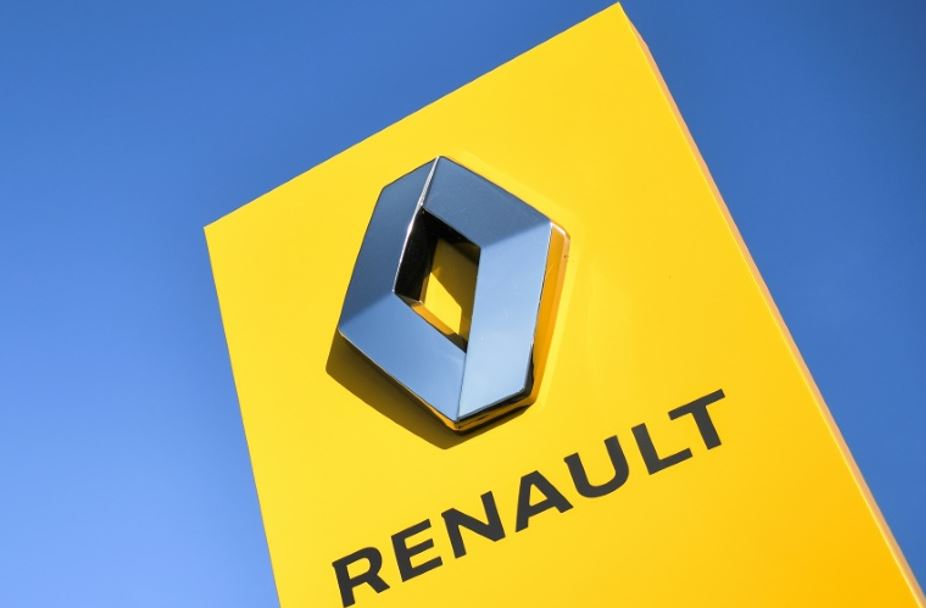×
The Standard e-Paper
Stay Informed, Even Offline

Renault said Friday it will cut nearly 15,000 jobs, including 4,600 at its core French operations, as it tries to regain its footing in the wake of plummeting car sales and the shift to electric vehicles.
"In a context of uncertainty and complexity, this project is vital to guarantee a solid and sustainable performance," interim CEO Clotilde Delbos said in a statement.